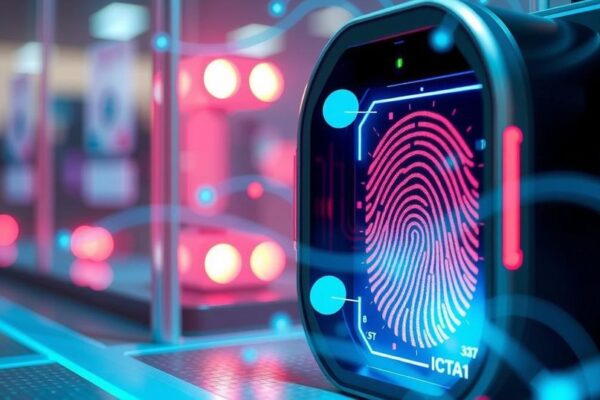
Sri Lanka’s e-NIC Project Set to Launch Next Month with Biometric Features
Sri Lanka’s e-NIC project is launching next month with biometric features. Awaiting 300,000 additional cards from Thales to implement it, the project aims to integrate with the Unique Digital ID initiative. Awareness programs are being planned across public and private sectors for smooth adoption. Sri Lanka’s ambitious Electronic National Identity Card (e-NIC) project is gearing…





